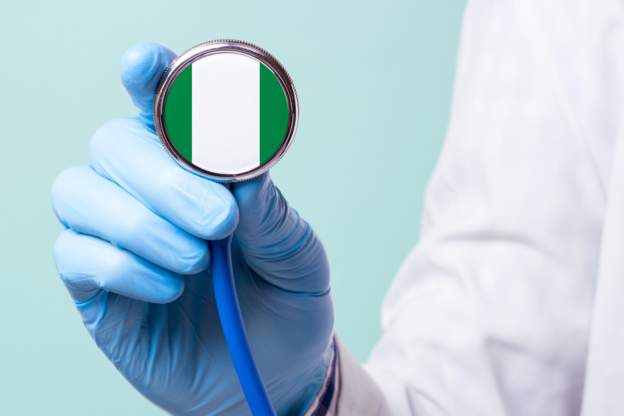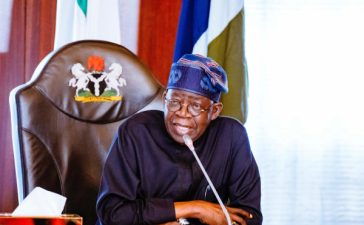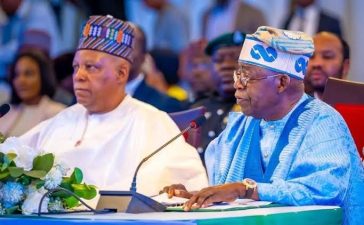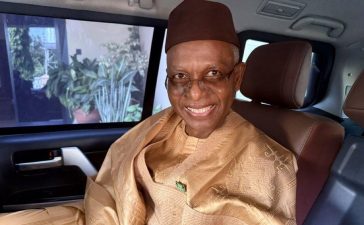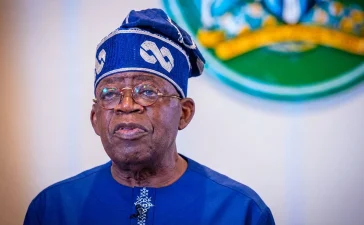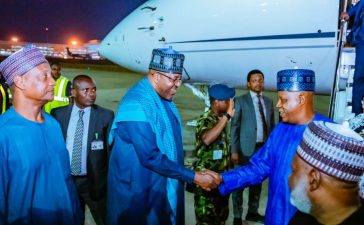A BBC investigation has found evidence that doctors from Nigeria are being recruited by a British healthcare company and expected to work in private hospitals under conditions not allowed in the National Health Service.
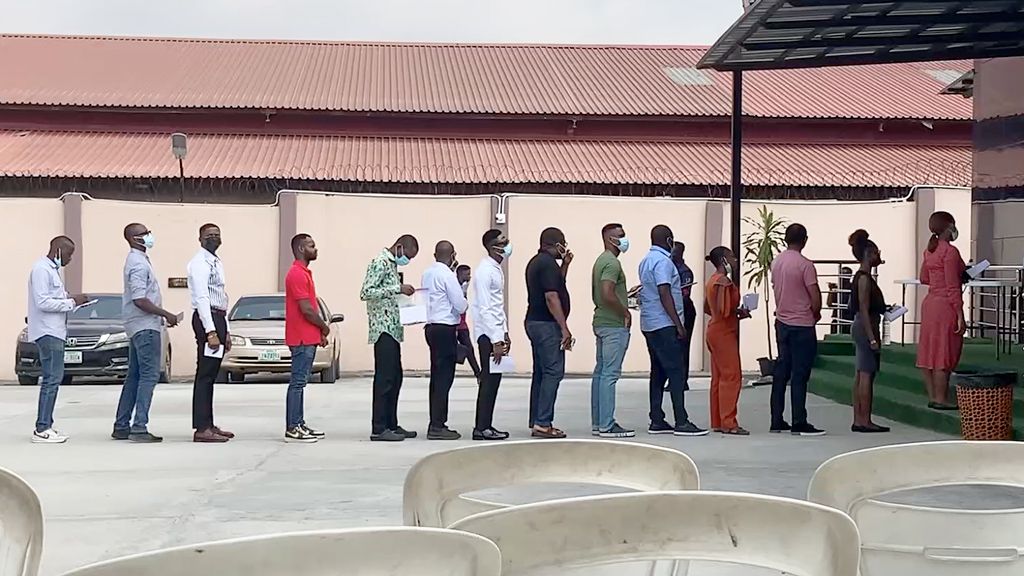
The British Medical Association (BMA) has described the situation as “shocking” and says the sector needs to be brought in line with NHS working practices.
The BBC has spoken to several foreign medics – including a young Nigerian doctor who worked at the private Nuffield Health Leeds Hospital in 2021.
Augustine Enekwechi says his hours were extreme – on-call 24 hours a day for a week at a time – and that he was unable to leave the hospital grounds. He says working there felt like being in “a prison”. The tiredness was so intense, he says, there were times he worried he couldn’t properly function.
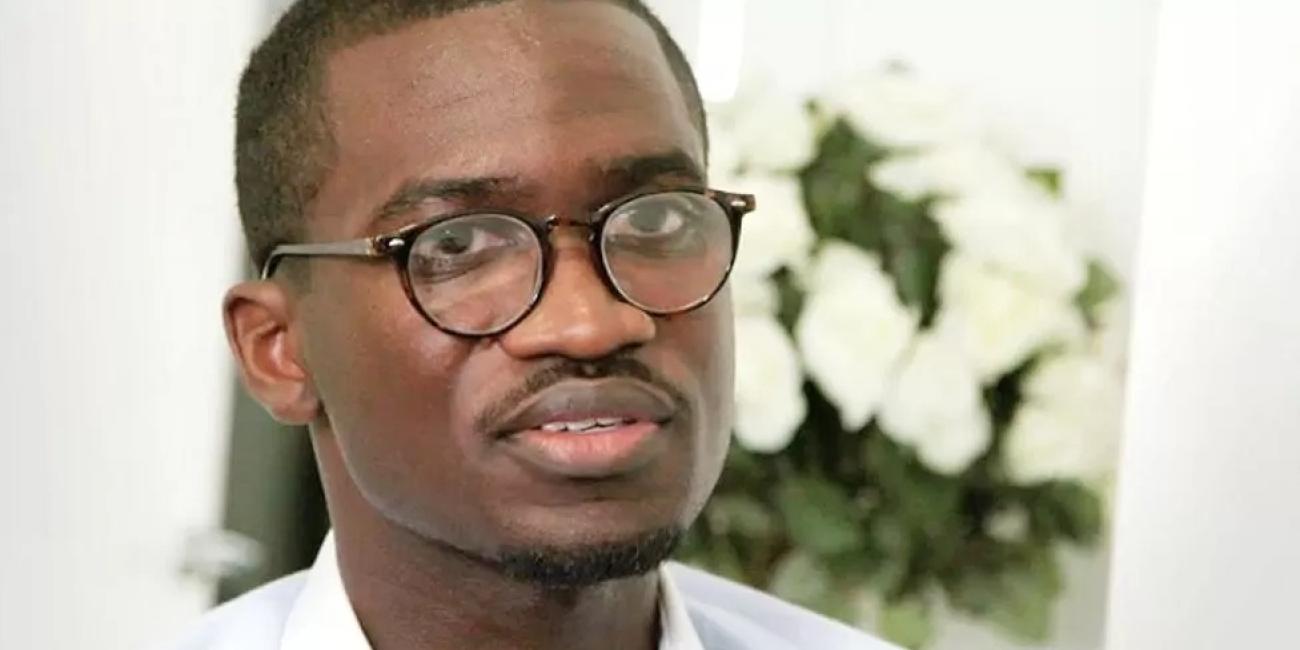
“I knew that working tired puts the patients at risk and puts myself also at risk, as well for litigation,” he says. “I felt powerless… helpless, you know, constant stress and thinking something could go wrong.”
Nuffield Health disputes those working hours, saying its doctors are offered regular breaks, time off between shifts, and the ability to swap shifts if needed. The company adds that “the health and wellbeing of patients and hospital team members” is its priority.

Augustine was hired out to the Nuffield Health Leeds Hospital from a private company – NES Healthcare. It specialises in employing doctors from overseas, many from Nigeria, and using them as Resident Medical Officers, or RMOs – live-in doctors found mainly in the private sector.
Augustine says he was so excited to be offered a job that he barely looked at the NES contract. In fact it opted him out of legislation that protects UK workers from excessive working hours – the Working Time Directive – and left him vulnerable to a range of punishing salary deductions.
Augustine is far from alone. The BMA and the front line lobbying group the Doctors’ Association has given the BBC’s File on 4 and Newsnight exclusive access to the findings of a questionnaire put to 188 Resident Medical Officers. Most of the doctors were employed by NES but some were with other employers.
It found that 92% had been recruited from Africa and most – 81% – were from Nigeria. The majority complained about excessive working hours and unfair salary deductions.
For years now, the World Health Organization (WHO) has warned against the “active recruitment” of doctors and nurses from developing countries with severe shortages of medical personnel. The WHO has compiled a list of 47 such countries – most of them in Africa.

The UK government has incorporated that list into its own code of practice – calling it the “red list”. In effect, it makes Nigeria a no-go destination for British medical recruiters.
So how did the doctors come to be working in the UK in the first place? We travelled to Nigeria and witnessed another troubling side to this story.
In an exam hall in Lagos, the country’s biggest city, we found hundreds of doctors queuing to take what’s called a Professional and Linguistic Assessments Board test – or PLAB 1. The paper is set by the General Medical Council in London and is the first step required by the British medical authorities to secure a licence to work in the UK.
The doctors we spoke to said they were attracted by the potential of higher salaries and better working conditions. The event was being overseen by staff from the British Council – an organisation sponsored by the Foreign Office.

